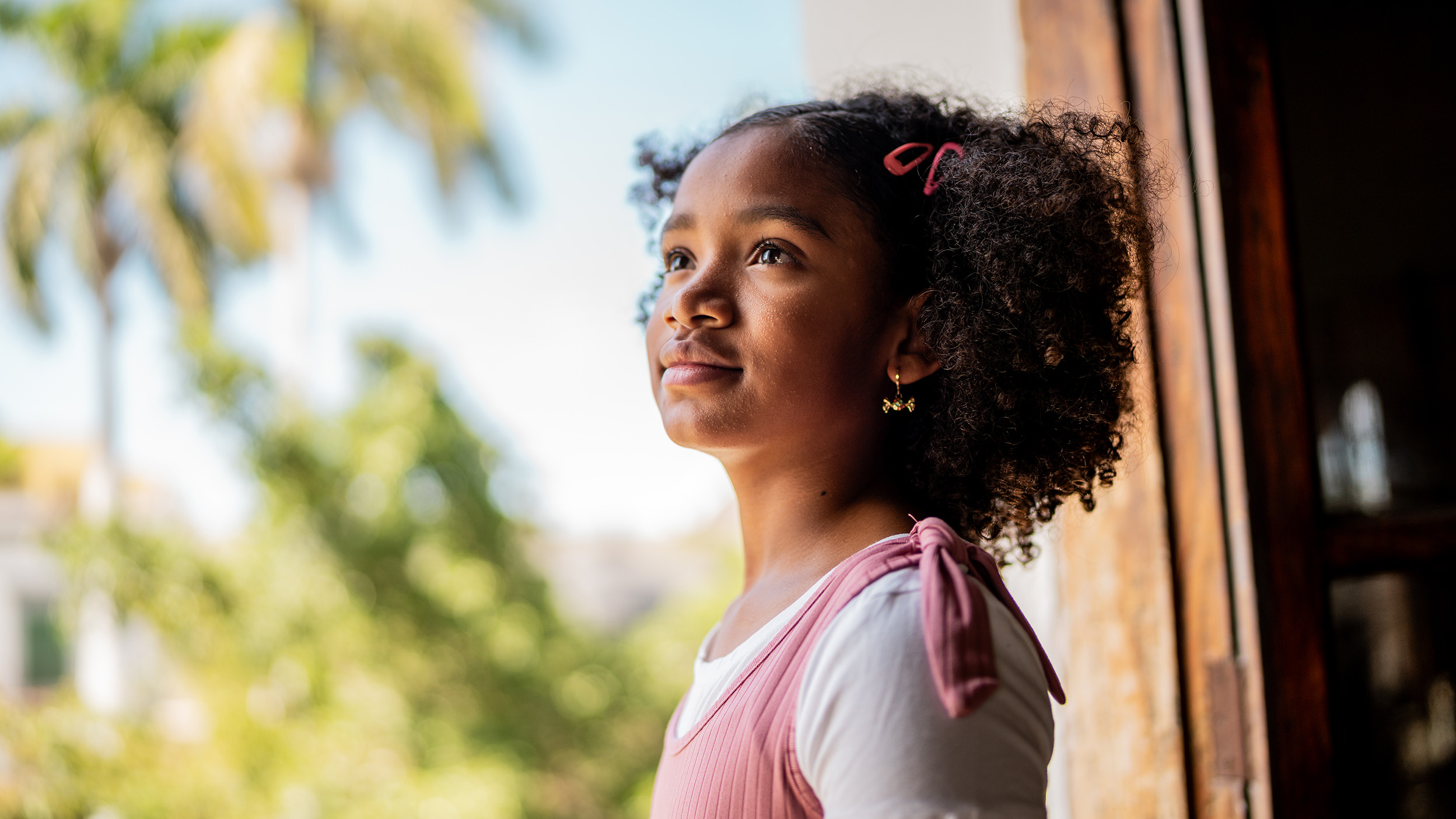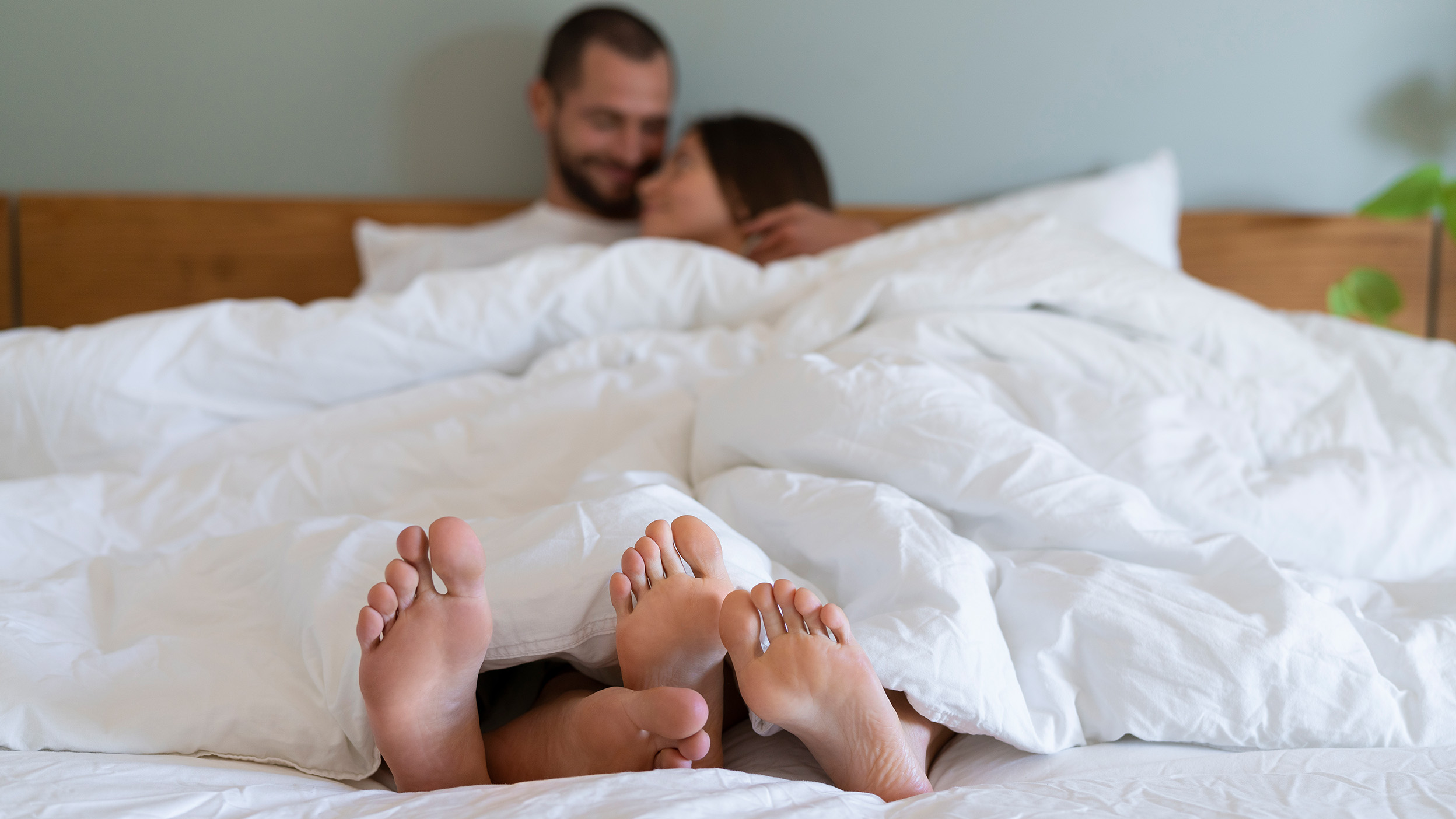My Period FAQ's
How much blood do I lose during my period?
On average a woman loses 3 - 5 tablespoons of blood and tissue during her period. This varies from 75 ml’s (quarter of a cup) to 125 ml’s (half a cup) at most.
Why does my period not come on the same date every month? Should I be worried?
No, you don't need to worry! It is normal 4 periods not to come on the same date every month – so don’t be worried if this happens to you. This is because periods come in cycles – a cycle is from the first day of one period to the first day of the next period – and not strictly months. A cycle is usually about 28 days, but because they are controlled by hormones, emotions, diet, health and life-style, they can be shorter (21 days) or longer (sometimes up to 90 days). This means that your period can come earlier or later than you expected.
I get my period twice a month, is that normal?
If you have a period at the beginning of the month, and another towards the end of the month, this simply means that you have a short cycle. A cycle is from the first day of one period to the first day of your next period. It takes a couple of years for your cycles to ‘settle down’ which means that for the first few years of having periods, some cycles will be short (maybe 21 days) while others will be longer. The length of a cycle depends on when you ‘ovulate’ or ripen an egg. If you ovulate early in the cycle, you will have your period earlier. If you ovulate later, your period will start later. This is quite normal and nothing to worry about!
Can I have sex during my period?
Married women having sex during a period is a personal choice. While some women are comfortable to have sex when she’s bleeding, it’s also OK for married women not to have sex during this time. Besides, not all husbands are comfortable having sex with a woman who is bleeding. Young women having ‘casual’ sex or multiple sex partners need to be warned though that having sex during a period is very risky and should be avoided. Here's why: 1. Carries the risk of pregnancy (if she has a short cycle). 2. Carries a huge risk of sexually transmitted infections because of the blood environment of the vagina. 3. Her cervix (mouth of the womb) is open during her period time giving infections – bacterial, fungal or viral – an open door into her womb, tubes, pelvis and abdomen. 4. A Sexually Transmitted Infection can become a Sexually Transmitted Disease - often FOR LIFE! 5. Some viruses like the Human Papillomavirus (HPV) increases a woman’s risk of also getting cervical cancer and others like Chlamydia can cause infertility.
How often must I change a pad/tampon?
While some women may need to change their pads/tampons more often (especially on the first and second day of your period) you should change 3 - 4 hourly.
Why do girls have periods?
Girls have periods because they’re SPECIAL! Girls have something called a womb – that’s why we’re called ‘woman’ – a man with a womb! We have all the qualities of a man but with something extra – an organ (the size of your fist) that prepares for a baby, then s-t-r-e-t-c-h-e-s with a growing baby for 9 months! Amazing! Nature and modern living clash a bit here because when a young girl starts to have her periods; it means that she is preparing an egg and her womb for a pregnancy! Too young and not ready for motherhood yet, young girls have to learn to cope with a cycle ‘bleeding’ or ‘cleaning-out’ of the womb – on average every 28 days. Think of it this way – menstruation is a celebration of your womanhood – and this bleeding lets you know that your body is working the way it should be!
I usually skip a month before my next period, is that normal? What causes that?
It sounds as though you are having longer cycles – a cycle is from the first day of one period to the first day of your next period. It’s OK to have longer cycles! Sometimes events in your life can delay ‘ovulation’ or the ripening of an egg. When this happens, periods come later. If a woman is not sexually active, she does not have to worry if her period comes later. Other causes of delayed ovulation are: 1. Stress 2. Extreme exercise 3. Extreme dieting (anorexia) 4. Emotional distress.
Can I go swimming during my period?
Of course you can go swimming during your period! Just make sure you wear a tampon and not a pad!




